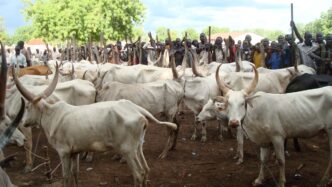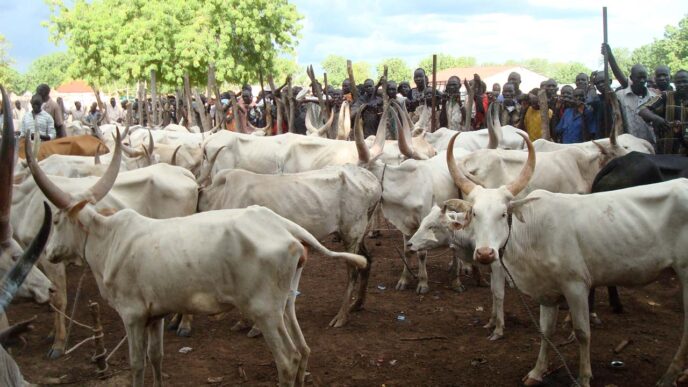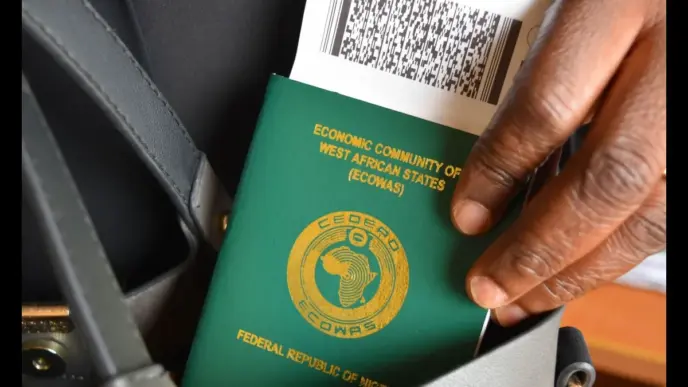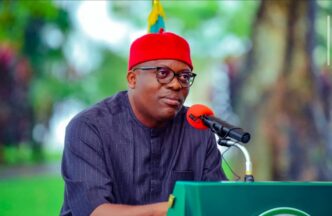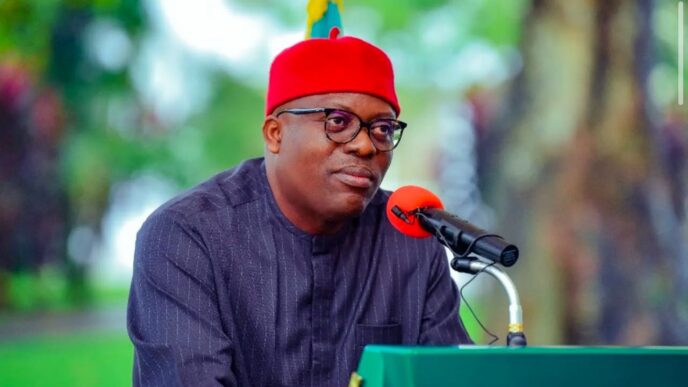The Nigerian government, in collaboration with the European Investment Bank (EIB), has initiated a €175 million climate adaptation project.
This initiative is designed to address soil erosion, help restore damaged land, and increase the nation’s ability to withstand climate change effects.
The Nigeria Climate Adaptation-Erosion and Watershed Project (NEWMAP-EIB) will run for five years across 23 states, focusing on watershed management, erosion control, infrastructure investment, and community engagement.
It is expected to create 25,000 jobs in forestry, afforestation, and fisheries while directly improving the lives of an estimated 750,000 Nigerians by 2030.
At the project’s launch in Abuja, Minister of Environment, Balarabe Lawal, confirmed that the Nigerian government had released ₦750 million in counterpart funding, with additional support pledged by participating states.
He urged state governors to maintain their commitments, stressing that the project’s success depends on collaboration at every level.
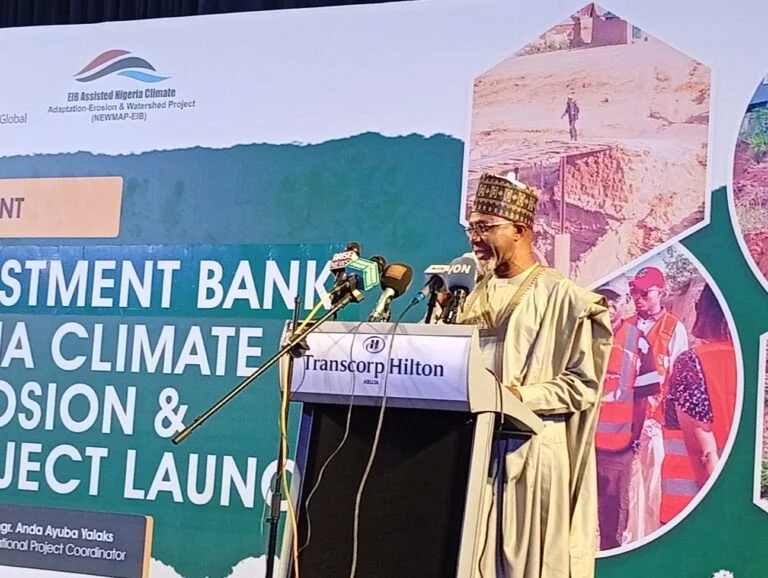
Lawal emphasised that the initiative aligns with President Bola Tinubu’s Renewed Hope Agenda, which prioritises climate-smart development and resilient cities.
He noted that the scheme builds on the achievements of the earlier World Bank-supported NEWMAP project, which ran from 2013 to 2022.
Roger Stuart, Head of the EIB’s Regional Hub for West and Central Africa, described the project as a “landmark step” in reversing environmental degradation.
He highlighted its role in flood prevention, habitat restoration across 3,100 hectares, and the strengthening of livelihoods.
Representatives from the Ministry of Finance and the project coordination unit also reaffirmed that the scheme would address erosion and watershed degradation through a combination of mitigation, institutional reform, and strong federal-state partnerships.


 Trending
Trending 


